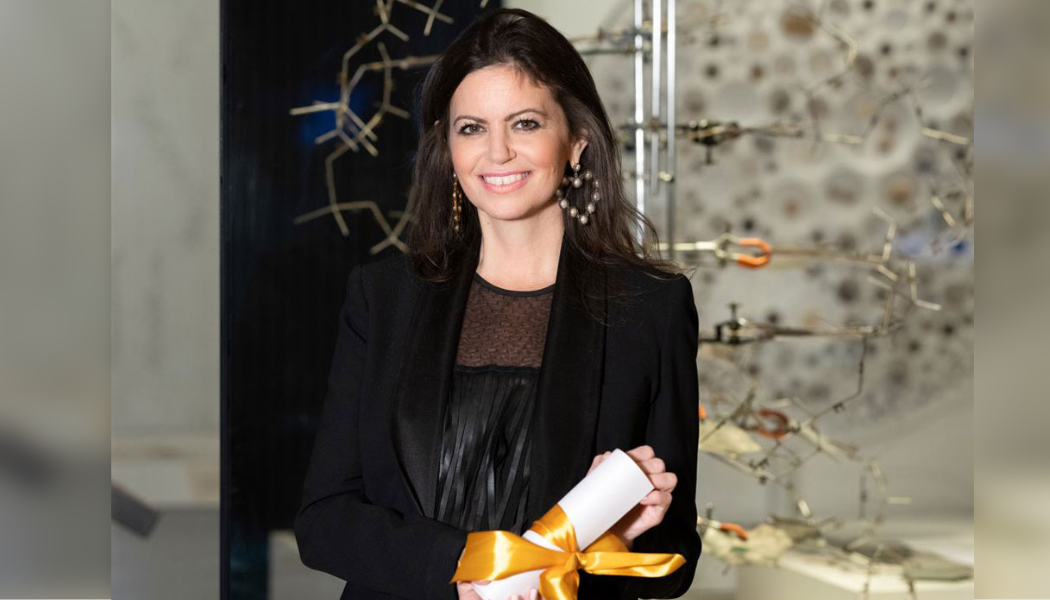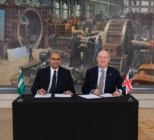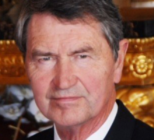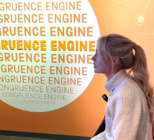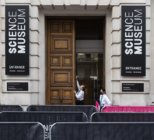Science Museum Group Chair Dame Mary Archer has today paid tribute to Dame Deborah James, a campaigner for cancer awareness who has died at the age of 40.
Dame Deborah, who has raised millions for Cancer Research UK, played a key role in supporting the Science Museum’s Cancer Revolution exhibition.
She was a member of the exhibition’s advisory board and earlier this year the Science Museum Group awarded a fellowship to Dame Deborah ‘in recognition of her tireless work on social media, along with blogs and articles, which has spread positivity and awareness about cancer research, treatments and the experience of patients, and has highlighted the importance of early diagnosis and research to a wider audience.’
Speaking about the exhibition, Dame Deborah said: “Through this exhibition we can open up the conversation of cancer even more—throw down the veil, and educate a new generation to know that prevention is key, science is wonderful, and always to have hope.”
She recently donated her poo costume – made famous via her social media channels – which will be put on display at the Science Museum alongside a film that features Deborah in the Cancer Revolution exhibition.
Chair of the Science Museum Group Dame Mary Archer said: “We’re all deeply saddened by the death of Dame Deborah James, who changed the way we talk about cancer, and our thoughts are with her family.
“Deborah’s energy, her bravery and the frank way she discussed cancer has saved lives by raising awareness, raised millions of pounds for research into cancer and bridged the gap between clinical research and the public.
“My colleagues across the Science Museum Group feel enormously proud to have worked with Deborah on the Cancer Revolution exhibition, currently open at the Science Museum.
“We want to celebrate Deborah’s dedication to helping us create a frank but hopeful exhibition by challenging our assumptions about what it is truly like to live with cancer and pushing us to represent the diverse experiences of cancer for patients.
“We have lost our most distinctive Science Museum Group Fellow but we feel fortunate to be able to continue the work she cared so deeply about through an exhibition that encourages visitors to have conversations about cancer that they may never have been able to before.”

